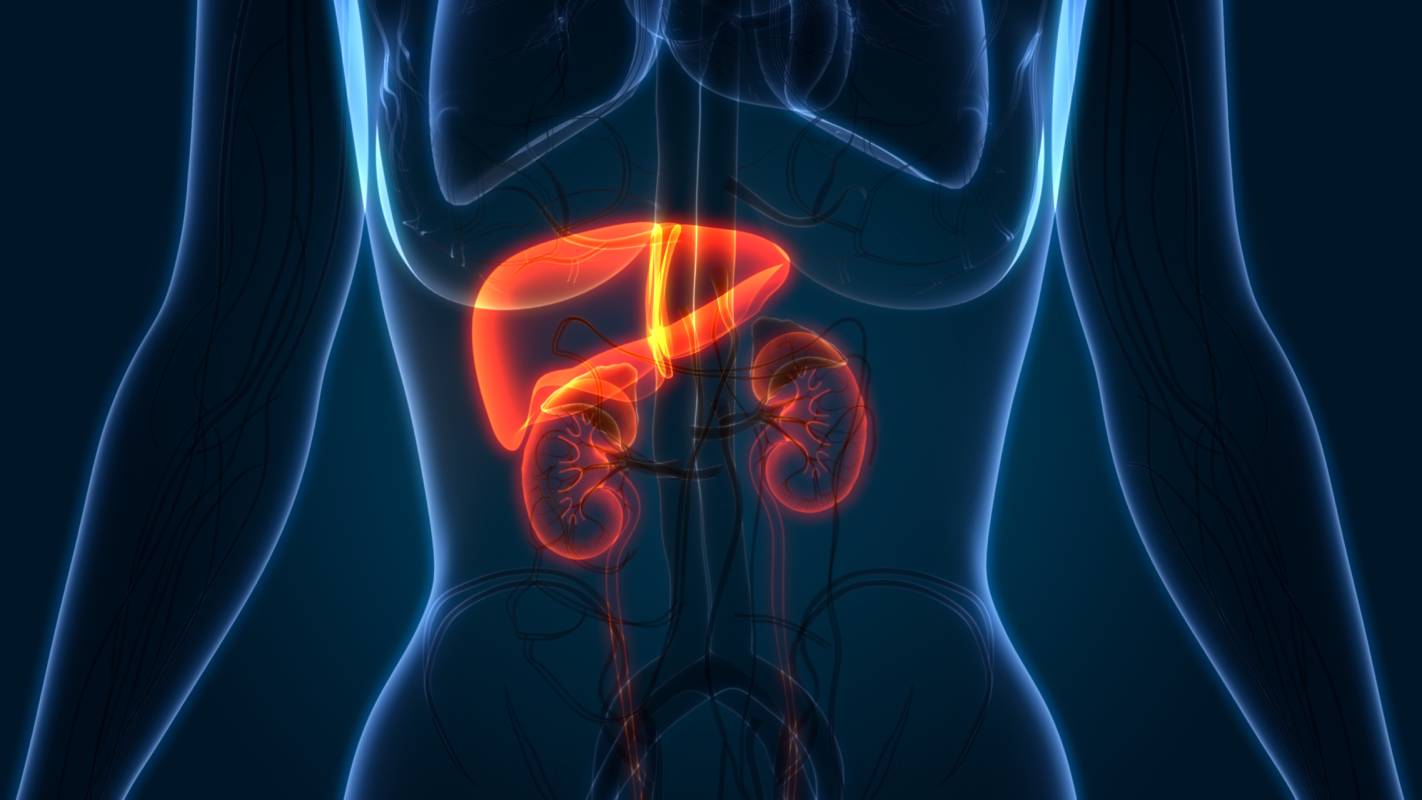Toxins are substances produced by living organisms which are harmful to humans. For example, certain natural toxins are often part of a plant’s defense mechanisms and can thus be found in foods. Food may also contain toxins as a result of containing toxin-producing mold or microorganisms [1]. Other toxins may derive from bacteria; cholera’s clinical manifestations, for example, result from a toxin produced by cholera bacteria [2]. In fact, many people consume alcohol, a toxin, for effects that are related to its toxicity. Fortunately, the human body has a number of natural detoxification processes that help protect health.
The terms “toxins” and “toxicants”, which are the synthetic equivalents of toxins, are sometimes used interchangeably. Toxicants may include environmental chemicals or medicinal products that are poisonous in large amounts. The latter includes but is not limited to lead, pesticides, flame retardants, and polychlorinated biphenyls.
Detoxification corresponds to the physiological removal of such toxins and toxicants from a living organism, such as the human body. The liver and kidney are naturally capable of detoxification, as are intracellular proteins such as cytochrome (CYP) enzymes present in mitochondria or the endoplasmic reticulum.
The liver plays a critical role in protecting our bodies from potentially toxic chemicals by converting lipophilic elements into more water-soluble metabolites which can be eliminated through urine. The substrate specificity, abundance of isoenzymes, and inducibility of these enzyme systems present in the liver make them well-suited to metabolize the many different types of substances that we are exposed to [3].
The kidneys, meanwhile, are responsible for filtering blood and removing waste, acid, and extra fluid from the body. They are key to maintaining a healthy equilibrium of water, salts, and minerals. However, they require healthy habits to operate at maximum capacity: Drinking plentiful water and eating kidney-friendly foods (vegetables, whole grains, fish, and fruits) help support kidney detoxification [4].
Mammalian CYP enzymes can oxidize both xenobiotics and endogenous compounds, and are key to detoxifying foreign substances, as well as controlling hormone balance, vitamin D metabolism, and cholesterol synthesis. These enzymes are responsible for metabolizing a wide variety of clinically, physiologically, and toxicologically important substances [5].
Sweating, however, has not been shown conclusively to have a clear detoxifying effect on the body. Humans primarily sweat to cool down rather than to excrete toxic substances. Since many persistent organic pollutants are lipophilic, they do not dissolve in sweat, which consists primarily of water. Even when one does sweat out a certain amount of environmental pollutants, the volumes are minuscule [6]. However, given their greater hydrophilicity, certain amounts of heavy metals and plastics (such as bisphenol A) do dissolve into and are excreted along with sweat to a certain degree.
A few key habits are critical to maximizing the body’s natural detoxification processes [7]. Individuals should first cease smoking and minimize their consumption of alcohol, both of which add toxins into the body. In addition, individuals need to stay hydrated, eat a nutrient-dense diet [8], and obtain regular and sufficient amounts of sleep so that detoxification processes can function at an optimal level. Finally, maintaining excellent indoor air quality is critical to minimizing one’s exposure to any environmental toxins in the first place. Boosting the body’s own natural detoxification processes is critical to ensuring maximal health and well-being, and can be done with small changes in behavior.
References
1. Natural toxins in food. Available at: https://www.who.int/news-room/fact-sheets/detail/natural-toxins-in-food.
2. Toxins: MedlinePlus Medical Encyclopedia. Available at: https://medlineplus.gov/ency/article/002331.htm.
3. Grant, D. M. Detoxification pathways in the liver. J. Inherit. Metab. Dis. (1991). doi:10.1007/BF01797915
4. Kidney Detox: Is It Necessary & How To Do It Safely | mindbodygreen. Available at: https://www.mindbodygreen.com/articles/how-to-do-a-kidney-detox.
5. Esteves, F., Rueff, J. & Kranendonk, M. The Central Role of Cytochrome P450 in Xenobiotic Metabolism—A Brief Review on a Fascinating Enzyme Family. J. Xenobiotics (2021). doi:10.3390/jox11030007
6. Imbeault, P., Ravanelli, N. & Chevrier, J. Can POPs be substantially popped out through sweat? Environment International (2018). doi:10.1016/j.envint.2017.11.023
7. Full body detox: How to help the body detox at home. Available at: https://www.medicalnewstoday.com/articles/full-body-detox#contacting-a-doctor.
8. Klein, A. V. & Kiat, H. Detox diets for toxin elimination and weight management: A critical review of the evidence. J. Hum. Nutr. Diet. 28, 675–686 (2015). doi: 10.1111/jhn.12286
